Inside: The Theory of Multiple Intelligences has been one of the biggest breakthroughs in education. Howard Gardner of Harvard University identified 9 unique ways children can be amazingly smart.
Multiple Intelligences Theory: 9 Unique Ways to Be Amazingly Smart
Have you ever heard of Multiple Intelligences Theory? It’s been around for eons, but in 1983, one of the biggest breakthroughs in education came when Howard Gardner, a developmental psychologist, and professor at Harvard University gave parents and educators a greater understanding of intelligence and how children learn.
He took hundreds of ways we can be smart and categorized them into 9 areas. In his first book, Frames of Mind, he introduced us to Multiple Intelligences Theory. Until Gardner’s research, educators believed that children were born with a fixed intelligence measured by an IQ test.
Not, so, said Gardner, there are many ways to be smart!
Here are the 9 areas of intelligence Gardner identified.
- Logical/Mathematical (number/reasoning smart)
- Linguistic (word smart)
- Music (sound smart)
- Bodily/Kinesthetic (body smart)
- Spatial (picture smart)
- Interpersonal (people smart)
- Intrapersonal (self-smart)
- Naturalist (nature smart)
- Existential (life or spiritual smart)
Gardner said we have within us the capabilities of all nine intelligences! Contrary to the fixed or predetermined intelligence notion of the past, we have a tremendous capacity for learning many things throughout our lives.
Multiple Intelligences Theory & Music
Gardner also found that music intelligence is so powerful that by learning a musical instrument and studying the arts, the other eight intelligences can be developed and strengthened simultaneously–another reason why we need music taught in schools!
Multiple Intelligences Theory: Nine Ways to Be Smart & How to Develop Them
Here are the characteristics of each of the intelligences and ways to develop them in your children. I’ve also given examples of how they increase through a study of music and the arts. (The definition of “arts” includes the disciplines of music, the visual arts, drama, dance, and creative writing).
Logical/Mathematical Intelligence (number, reasoning smart)
Characteristics of Logical/Mathematical Smart Person
- Loves numbers
- Is logical
- Able to reason, sequence
- Sees pattern relationships
- Analyzes information; breaks down parts of a problem; sees the connections
- Problem-solvers
Includes:
- Mathematicians
- Scientists
- Physicists
- Chemists
- Strategists
How to Develop Your Child’s Logical/Mathematical Smarts
- Encourage your child to play games such as Clue, dominos, or chess
- Purchase a chemistry set for your child
- Have your child practice calculating math problems in his/her head
- Make math a part of your child’s life: while cooking teach him/her about fractions; when shopping how to balance a checkbook, etc.
How Logical/Mathematical Smarts Relate to Music and the Arts
Learning a musical instrument strengthens understanding of certain math concepts such as:
- Fractions
- Ratios
- pattern relationships
- sequencing and repetitions
- numbers, strategy, and experimentation
Mathematical Intelligence: Katherine Johnson
Katherine Johnson was a dazzling mathematician and was immortalized in the movie, “Hidden Figures.” Her contributions to math changed the space program.
She worked as a “computer” at Langley laboratory in Virginia. It was here that she calculated the orbital equations that would control the capsule in John Glenn’s Friendship 7 mission from blast off to splashdown.
Other Mathematical Intelligent People
John Nash
Bill Gates
Sir Issac Newton
Verbal/Linguistic Intelligence (word smart)
Characteristics of Verbal/Linguistic Person
- Loves words and thinks in words
- Likes crossword puzzles
- Enjoys writing, reading, and telling stories
- Proficient at learning languages
- Good at entertaining through the spoken word
- Can teach and explain things to others
Includes:
- Poets
- Writers
- Journalists
- Novelists
- Lawyers
- Teachers
How to Develop Your Child’s Verbal/Linguistic Smarts
- Read to your kids every day and have them read every day. Discuss the books you are reading; go to the library
- Subscribe to a high-quality newspaper such as The Wall Street Journal
- Keep a journal
- Learn and use one new word each day
How Verbal/Linguistic Smarts Relate to Music and the Arts
When involved in drama or creative writing, students who love words and language also learn:
- How to express themselves
- Memorize lines
- Speak confidently in front of an audience
- Use the written word to articulate thoughts and ideas and imagination.
Verbal/Linguistic Intelligence: T.S. Eliot
T.S. Eliot was an enormously talented British poet, playwright, and essayist. At the age of 10, Eliot created a magazine called, ‘Fireside.’ He is considered “one of the twentieth century’s major poets,” and was highly gifted with words.
Other Verbal/Linguistic Intelligent People
William Shakespeare
Dr. Seuss
Roald Dahl
Music Intelligence (sound smart)
Characteristics of the Music Smart Person
- Can sing in tune
- Plays a musical instrument
- Understands and produces melodies and rhythms
- Discerns between sounds, pitch, rhythm, timbre, and tone
- Creates, reproduces and recognizes music
Includes
- Composers
- Conductors
- Musicians
- Vocalists
- Band directors
- Music critics
- Sensitive listeners
How to Develop Your Child’s Music Smarts:
- Enroll your child in music lessons
- Take your child to music concerts, musicals, opera, etc
- Sing each day; in the shower, while getting dressed, in the car, etc.
How Music Smarts Relate to Music and the Arts
Oftentimes musicians and mathematicians share common thinking processing. Their involvement with music helps:
- Stimulating creativity and imagination
- Memorizing facts
- Retaining ideas
- Thinking more clearly and more critically
Music Intelligence: Yo-Yo Ma
Yo-Yo Ma began playing the cello at age four and six months later he was playing Bach suites. While at Harvard University, Ma realized how important music was to him and he pursued it exclusively. Today, he is internationally recognized as one of the greatest cellists in the world.
Other Music Intelligent People
Wolfgang Amadeus Mozart
Ludwig Van Beethoven
Michael Jackson
Bodily/Kinesthetic Intelligence (body smart)
Characteristics of the Bodily/Kinesthetic Smart Person
- Has control over bodily movements
- Able to use his/her hands skillfully
- Has excellent timing, physical skills
- Likes to move and has lots of physical energy
- Excellent hand-eye and muscle coordination
- Enjoys hand/mind movements such as yoga, tai chi, etc.
Includes:
- Athletes
- Dancers
- Actors who understand and have control over his/her bodily movements.
Also includes people who use their hands skillfully such as:
- Sculptors
- Seamstress
- Plumbers
- Furniture makers
How to Develop Your Child’s Bodily/Kinesthetic Smarts
- Enroll your child in sports
- Exercise regularly; go on walks as a family
- Learn American Sign Language as a family
How Bodily/Kinesthetic Smarts Relate to Music and the Arts
- Dancing increase physical coordination, dexterity and the development of large and small muscles as children move their bodies to the music
- Artists, sculptors, and craftsmen use their hands to create artistic masterpieces
- Students playing musical instruments learn finger and arm dexterity and movement
Bodily/Kinesthetic Intelligence: Jim Thorpe
Jim Thorpe was a Native American athlete and Olympic gold medalist. At the age of 16, his athletic ability was recognized when he beat all the schools’ high jumpers with a 5 ft. 9-in jump while in street clothes.
Thorpe is considered one of the most versatile athletes of modern sports, having excelled in professional football, baseball, and basketball.
Other Bodily/Kinesthetic Intelligent People
Michael Jordan
Tiger Woods
Auguste Rodin (sculptor)
Spatial Intelligence (picture smart)
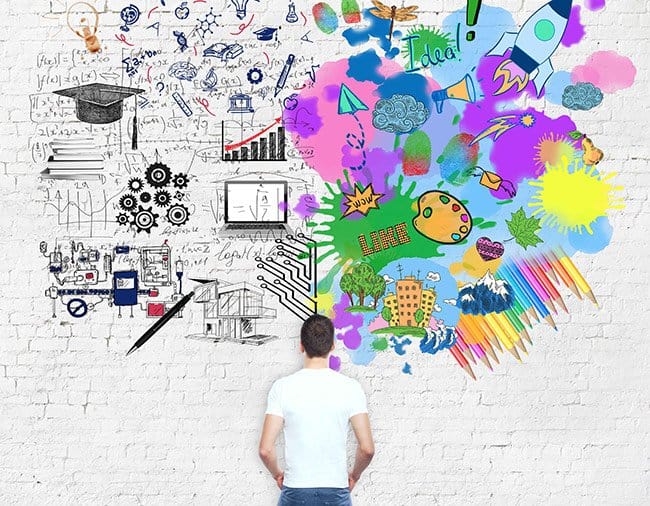
People who are spatially smart solve problems in their minds-eye and see detailed images in their minds.
Characteristics of the Spatial Smart Person
- Visualizes in pictures or images
- Able to accurately create what he/she mentally sees
- Good at drawing, sketching in detail
- Understands three-dimensional space
- Love mazes and jigsaw puzzles
- Daydreamer
Includes:
- Pilots
- Artists
- Scientists
- Surgeons
- Architects
How to Develop Your Child’s Spatial Smarts
- Plays with puzzles & Rubik’s cubes
- Learn photography, videography and digital media
- Take classes in drawing, sculpting, painting or graphic design
- Take apart things like a toaster or blender and put them back together
How Spatial Smarts Relate to Music and the Arts
- Spatial intelligence is increased when studying a musical instrument.
- Artists constructing a mural understand spatial relationships as they create a painting, sculpture, drawing, etc. that is proportionally balanced
- Sculptors mentally see the sculpture in their minds-eye before creating it 3-dimensionally
- Drama students use spatial skills when staging a dramatic performance
Spatial Intelligence: Albert Einstein
Einstein was considered a spatial genius. Some people with strong spatial intelligence are daydreamers as they solve problems in their minds.
Einstein was daydreaming—taking a ride through the universe on a beam of light—when he came up with his theory of relativity. It was his acute visual imagination, not his formal training in physics, that led to his discovery of one of the most significant theories of all time.
Other Spatial Intelligent People
Leonardo da Vinci
Amelia Earhart
Ben Carson, MD
Interpersonal Intelligence (people smart)
Characteristics of the Interpersonal Smart Person
- Interact with others effectively
- A good team player
- Able to view the world from another’s perspective
- Sensitive to the moods and temperaments of others
- Leaders amongst their peers
- Good at communicating
Includes:
- Teachers
- Actors
- Social workers
How to Develop Your Child’s Interpersonal Smarts
- Get involved with school leadership
- Join an orchestra, band, book group or hiking group
- Volunteer at non-profit organizations
- Strike up conversations with people in public places
How Interpersonal Smarts Relate to Music and the Arts
- In an orchestra, drama, or dance, students learn the importance of teamwork.
- Drama students work together performing a play
- Artists critique another’s artwork, etc.
Interpersonal Intelligence: Martin Luther King, Jr.
Martin Luther King, Jr. was one of the most powerful social reformers of the 20th century. He led the American Civil Rights Movement that gave African-Americans the freedoms given to them by the Constitution.
Since his death, there has been no other leader in the black community that has had the influence that Dr. King had on social reform.
Other Interpersonal Intelligent People
Tony Robbins
Oprah Winfrey
Anne Sullivan (Helen Keller’s teacher)
Intrapersonal Intelligence (self-smart)

People with Intrapersonal Intelligence are aware of who they are; understand their innermost feelings.
Characteristics of the Intrapersonal Smart Person
- Understands one’s innermost feelings and emotions
- Aware of who she/he is
- Enjoys meditation, contemplation
- Self-disciplined, independent, goal-oriented; self-motivated
How to Develop Your Child’s Intrapersonal Smarts
- Learn to meditate
- Read self-help books and practice what they suggest
- Start your own business. As a child, start a lemonade stand
- Develop a hobby that sets you apart from others
How Intrapersonal Smarts Relate to Music and the Arts
- In the creation process, artists are independent thinkers and creators
- A musician independently composes music
- Artists ‘find’ themselves through the individual expression of their work
Includes
- Psychologists
- Spiritual leaders
- Philosophers
Intrapersonal Intelligence: Mother Teresa
Mother Teresa’s intrapersonal skills enabled her to be one of the most caring and influential people in the world. It was her understanding of herself and unwavering faith that set her on a course of giving and serving the poorest of the poor with compassion.
Other Intrapersonal Intelligent people
Mahatma Gandhi
Eleanor Roosevelt
Joan of Arc
Naturalist Intelligence (nature smart)
Characteristics of the Naturalist Smart Person
- Is sensitive to the natural world
- Enjoys spending time outdoors and exploring the world
- Sees connections and patterns within the plant and animal kingdoms
- Ask endless questions about the world
Includes:
- Botanists
- Agriculturists
- Zoologists
- Horticulturists
- Archeologists
How to Develop Your Child’s Naturalist Smarts
- Hike on a nature trail; take pictures; breathe the air
- Create a garden
- Bike your way through forests and mountains
- Categorize plants, rocks, and birds on your nature hikes
How Naturalist Intelligence Smarts Relate to Music and the Arts
- Naturalists find the sounds in nature—birds, wind, rushing water, rain, thunder, etc., very music-like
- Find art expressed in nature through the changing of the seasons; varying size, shape, and colors of plants, animals, oceans
- Through their lenses, photographers see art and beauty in the earth’s natural surroundings.
- Artists find the varying patterns of natural objects perfect for creating artistic pieces
- Musicians find patterns and nature themes in a fugue, symphony, etc.
Naturalist Intelligence: John Muir
John Muir, also known as “John of the Mountain,” was an early advocate for preserving the wilderness in America. His books, essays, and letters describing the spiritual quality of nature, inspired leaders to take action and preserve nature.
Other Naturalist Intelligent People
John James Audubon
Charles Darwin
Alexander von Humboldt
Existential Intelligence (life or spiritual smart)
Characteristics of the Existential Smart Person
- Thinks philosophically
- Asks deep questions about human existence such as: Where did we come from? What is our purpose here? Where do we go after death?
- Seeks and looks for the big picture (Gardner said, “the ability to see the big picture is a distinct intelligence…the existential intelligence”).
- Likes to look at things from different points of view and discuss with others
Gardner sees existential intelligence as a natural trait in most children and that their questions should be encouraged and given help to find answers.
Includes:
- Philosophers
- Theologians
- Life coaches
How to Develop Your Child’s Existential Smarts
- Learn about other people’s beliefs in religion and the universe
- Take something your child has learned in school and think about different ways to look at it.
- Study topics from multiple points of view
How Existential Intelligence Smarts Relate to Music and the Arts
- Deep and contemplative thought and analysis is a part of the process of composing music, drawing or painting a picture or writing a book.
- Many musicians, artists, writers think outside and beyond the box. Their creativity causes them to ask questions as they search for meaning in places others dare not tread.
Existential Intelligence: Socrates and Jesus Christ
Jesus Christ was the founder of one of the world’s largest religions: Christianity. He taught the belief in God, a higher being, and someone who possessed all truth. He explained many questions people had about their purpose here on earth and the concept of an afterlife with consequences and eternal happiness.
Socrates was a Greek philosopher who invented the “Socratic method,” of asking probing questions to understand truth. The Socratic method is still employed today by philosophers and others seeking to understand deep truths.
Other Existential Intelligent People
Pope Francis
Dalai Lama
Multiple Intelligences Theory: Which of the 9 Intelligences Are You?
It should be comforting to know that there are many ways to be intelligent. However, after 35 years people are still debating whether or not these can actually be classified as “intelligences,” or if they are just skills (the exception being math and languages).
What do you think?
What kinds of smart are you? Your kids? Please comment in the section below.
You can access the 2-minute video: “9 Unique Ways to be Amazingly Smart”
Want to remember this post? Post, “Multiple Intelligences Theory: 9 Unique Ways to be Amazingly Smart” to your favorite Pinterest Board!

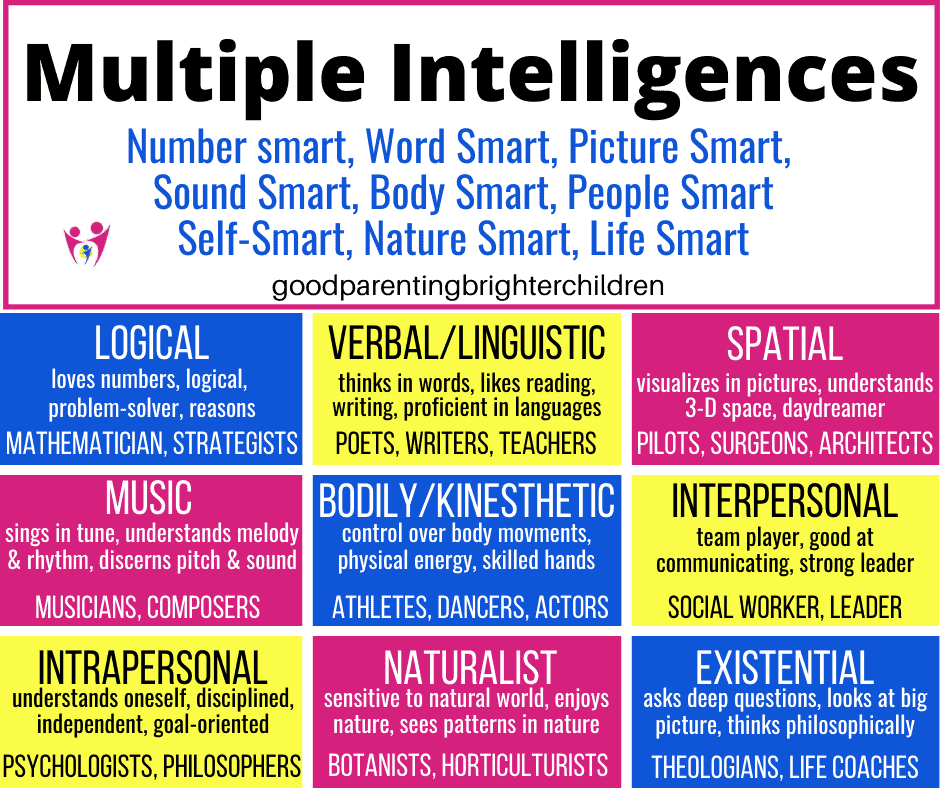
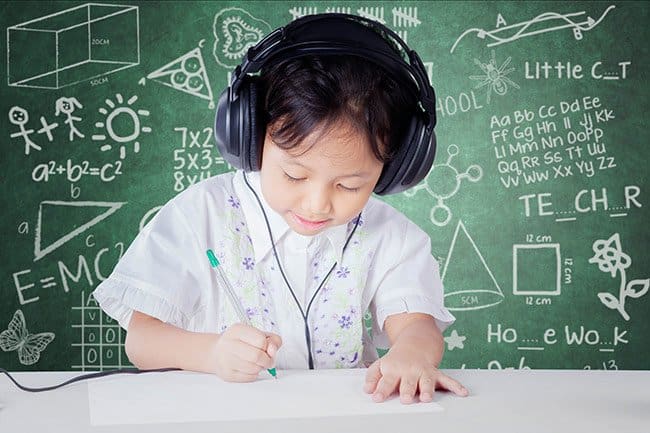
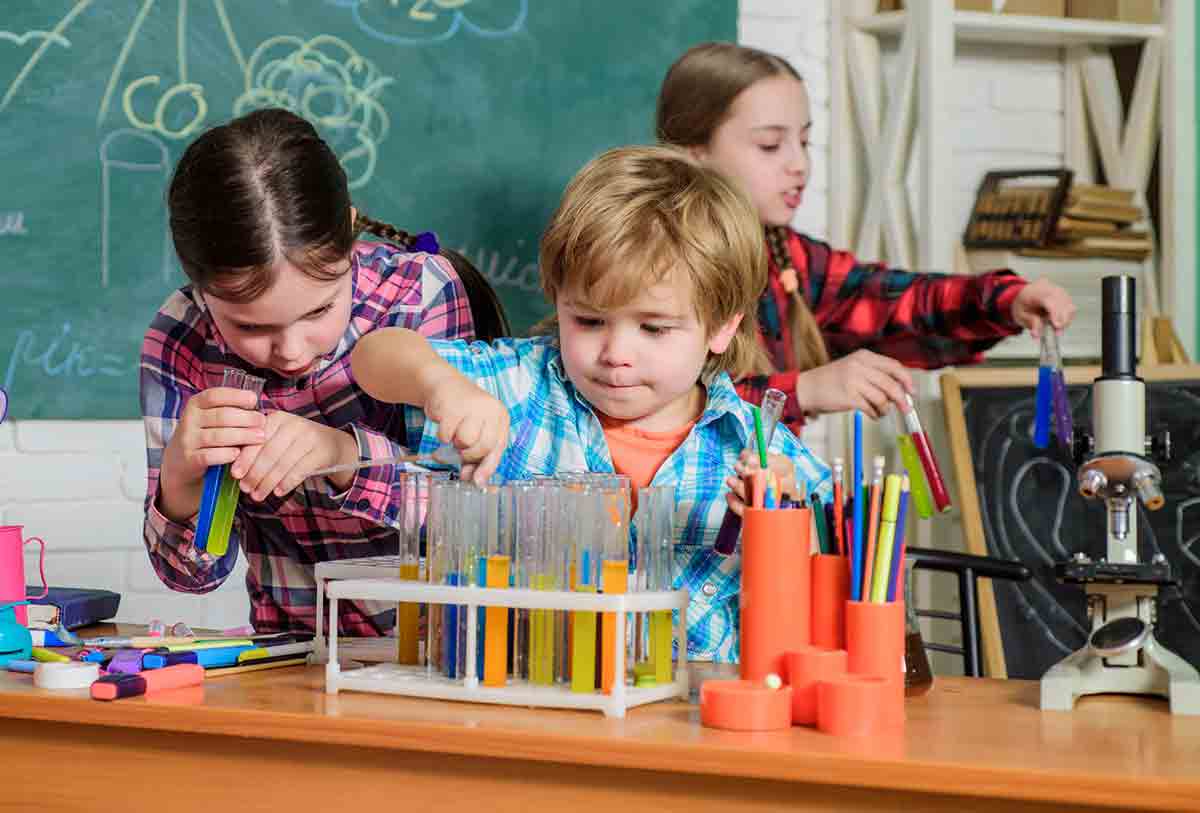
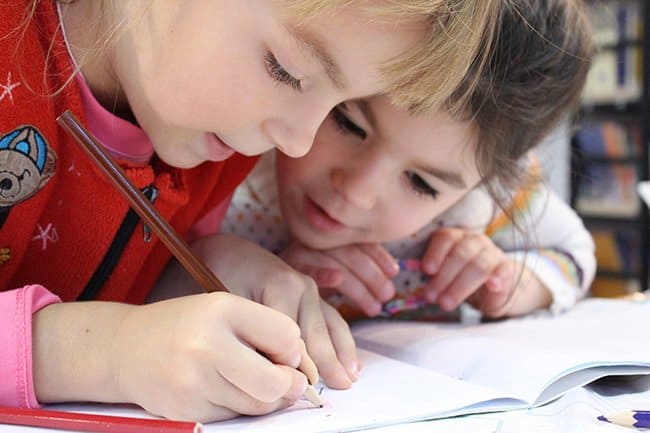
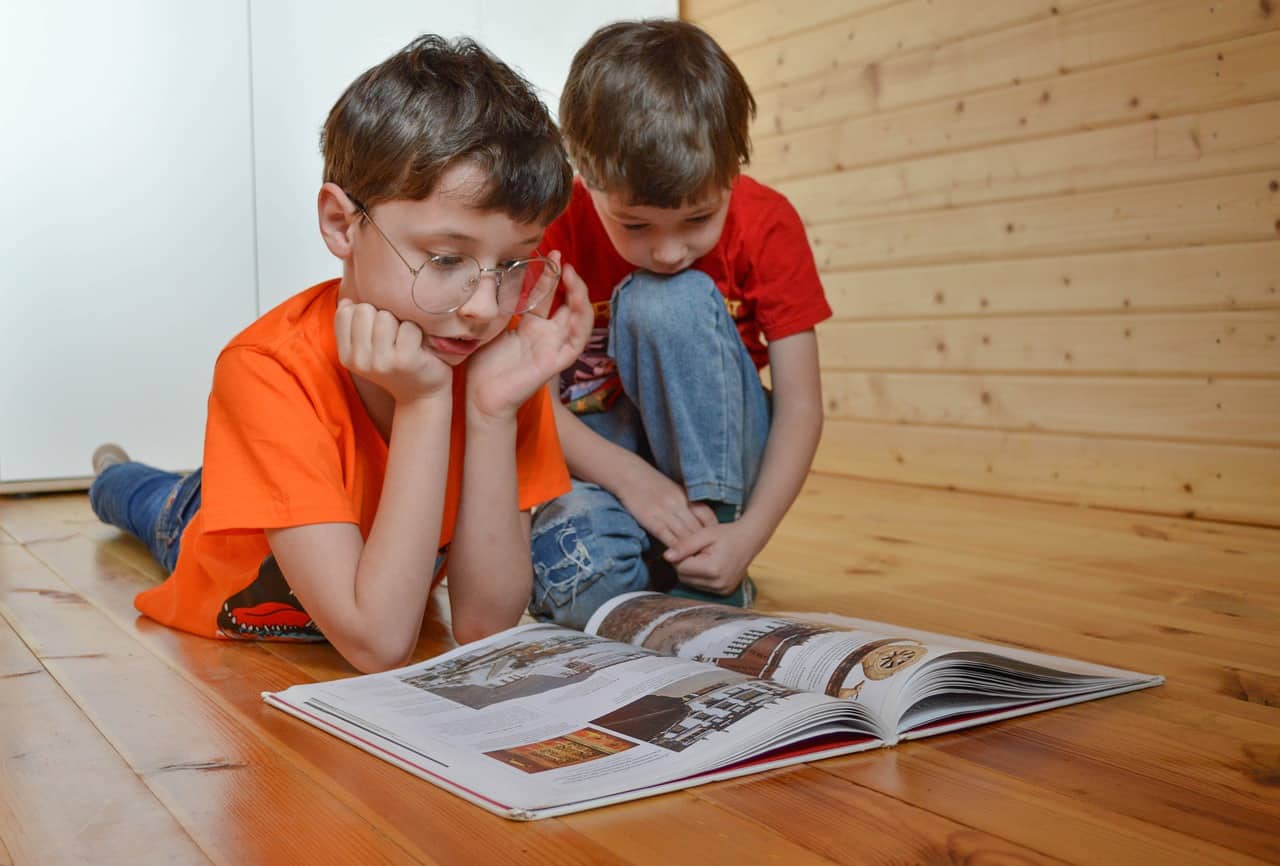
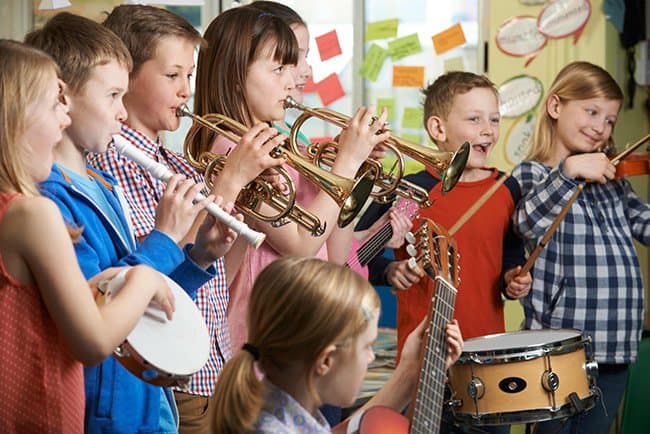
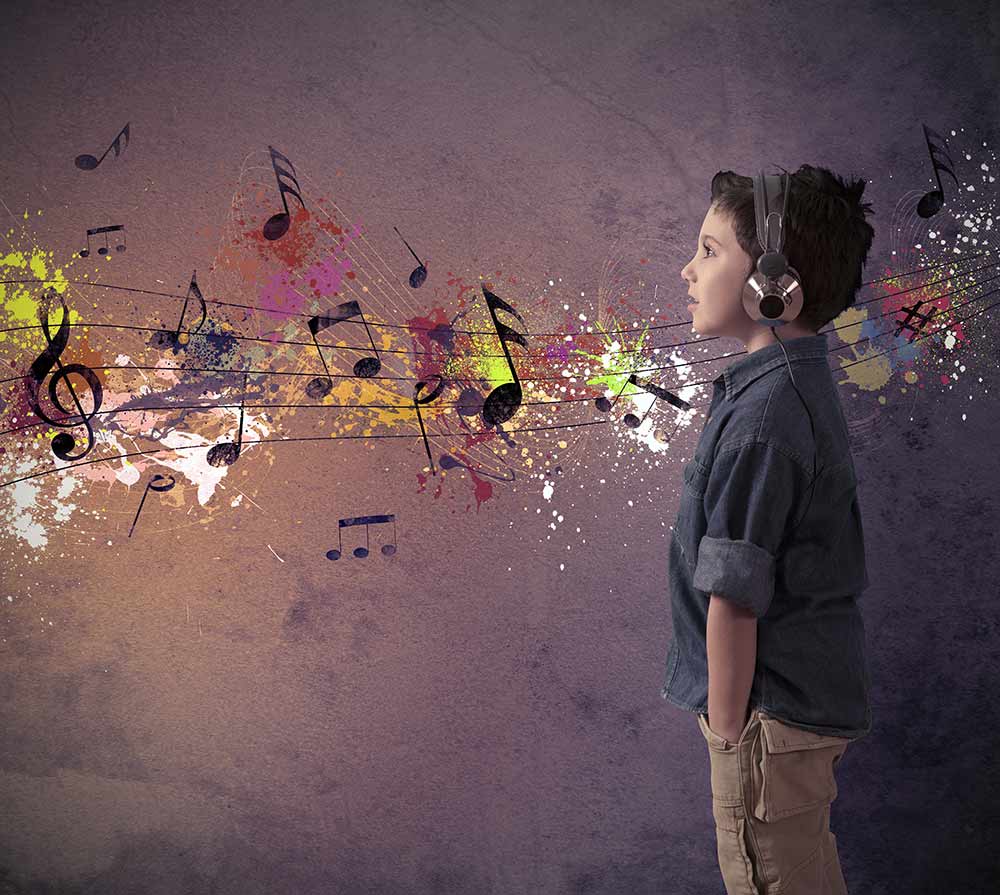
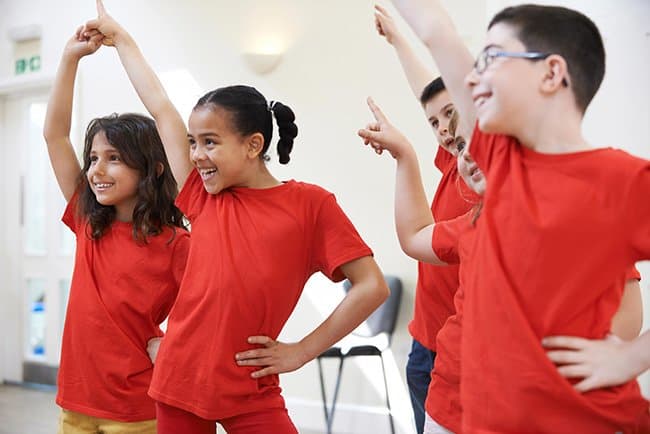







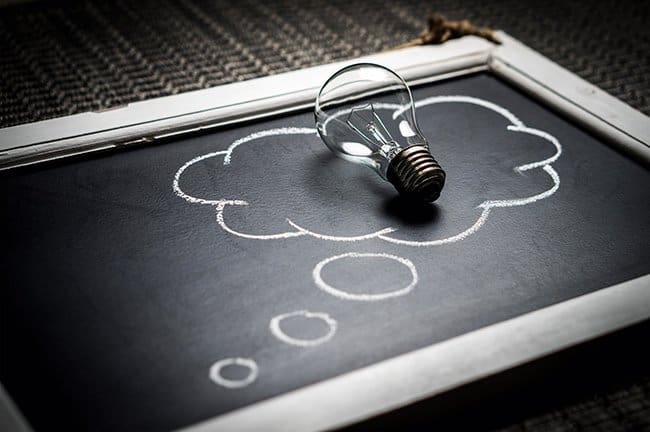


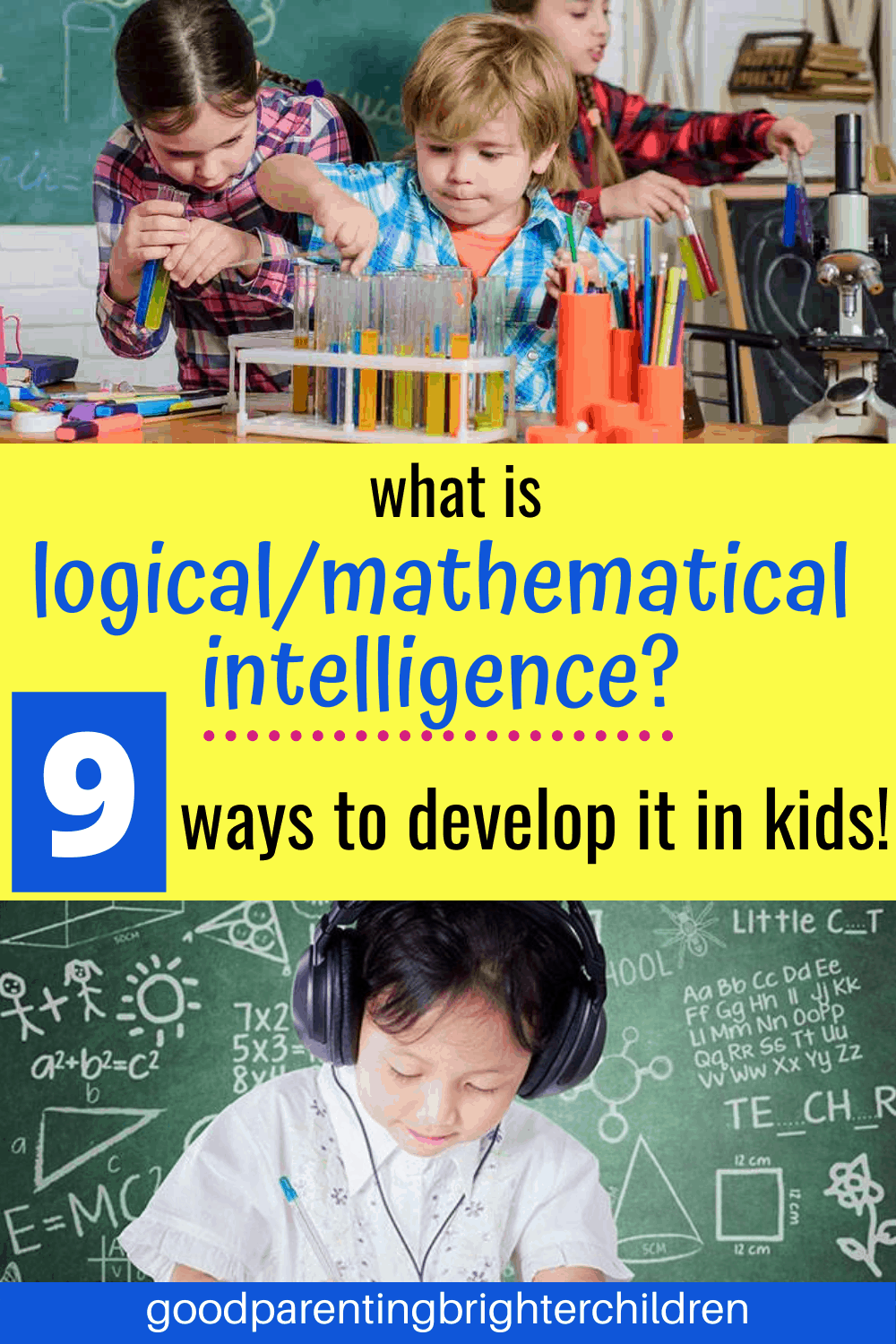
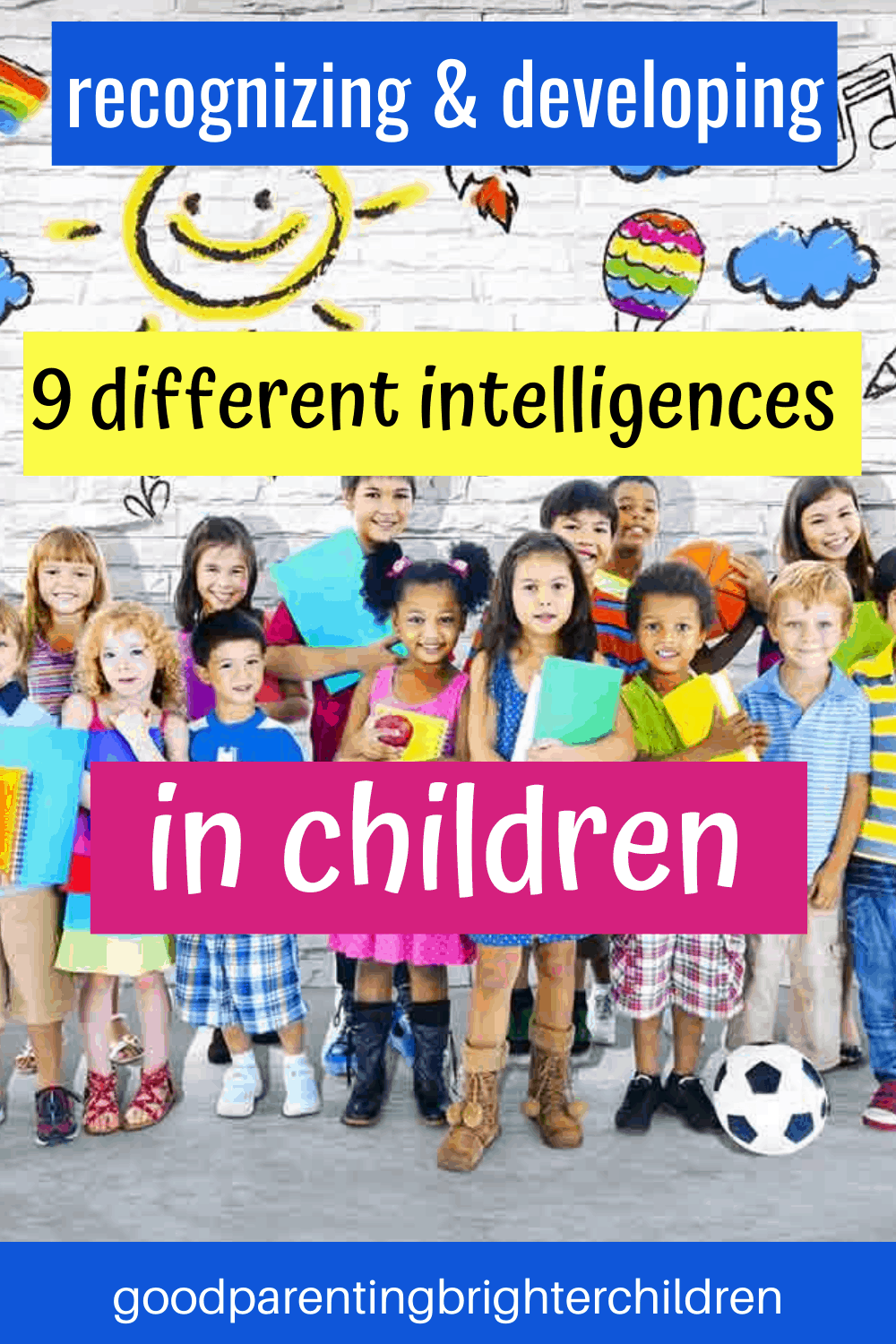
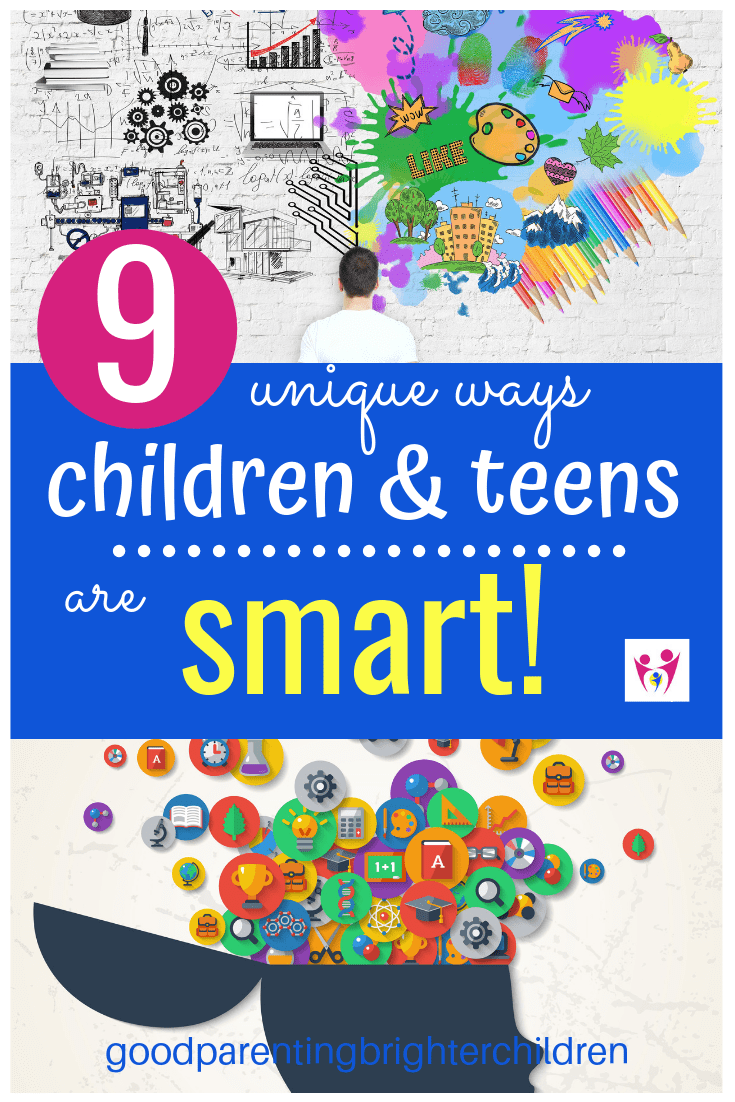


I learned so much about this topic when getting my degree in education. It truly is such an important topic and I really appreciate you sharing it here. Intelligence should never be measured in one way. We are all intelligent in our own way and when we learn to stop measuring all children on the same standard maybe then we’ll be able to truly meet their needs and help them ALL flourish in whatever they’re passion is. Thanks, Sharlene!
Yes, it is an important topic and I totally agree with everything you have said. It’s our job as educators, parents, or grandparents to nurture our children and help develop talents and find what they are passionate about. Sometimes, that takes years. The thing I like best about this theory is that we have all 9 of these intelligences within us and therefore should never pigeon-hole our children into one area of intelligence. Thanks for sharing, Tiffany!
I’ve been hunting for a place like this for quite a long
moment. I was looking for somebody who would be in a
position to definitely navigate me about this issue and was lucky enough to find you.
Thanks a lot for your detailed explanation, you drew attention to a very common issue!
Although I share your view for the most part, I believe that some things are worth having a more thorough appearance
to understand what is happening.
Thank you Divina for your kind words! I’m glad that this post is helping you. I started studying about multiple intelligences in 1984 when Howard Gardner’s book, Frames of Mind was published. It’s a fascinating subject and one all parents and teachers should understand to help their kids!
Last March, my son’s school took a Fine Arts trip to NYC. My husband and I chaperoned and had the best time. One of the highlights: We went to the Philharmonic and saw Yo Yo Ma in person. What an amazing experience for us and all the students! Another amazing post!
Oh my gosh–I’m totally jealous! To see Yo Yo Ma in concert had to be a thrilling experience for your entire family! Zach will never forget it! I need to go to NY just to see him. Thank you for sharing, Tiffany! As always–you have something inspiring to share!